In 2022, Tin Viet Finance Joint Stock Company (VietCredit) achieved a profit of VND 1,686 billion and a profit after tax of VND 64 billion, a record in the history of this enterprise's operations.
The appearance of Vietnamese version
VietCredit was established in 2008 with a charter capital of 300 billion VND, in the "craze" of non-industry investment in the finance - banking sector of state-owned corporations and groups. This enterprise was formerly the Cement Finance Joint Stock Company (CFC), as its name suggests, with Vietnam Cement Corporation (Vicem) as the largest shareholder with 40%, Vietnam Steel Corporation (VNSteel) owning 10.5%, and Joint Stock Commercial Bank for Foreign Trade of Vietnam ( Vietcombank ) holding 11%.
By 2010, CFC doubled its capital to VND604 billion, with the state shareholder structure remaining the same, and there was also a large private shareholder, International Transport and Trade Joint Stock Company (ITC - 16.86%).
For many years after that, CFC's operations were not very prominent, almost "living" only on cash flow from major State shareholders. For example, at the end of 2014, major shareholders entrusted CFC with nearly 1,000 billion VND, accounting for the majority of this enterprise's liabilities.
In 2014, the Ban Viet group began to appear at CFC, when Ban Viet Commercial Joint Stock Bank (VietCapital Bank) became a major shareholder, holding 10.99% of CFC shares. At this time, 88.85% of CFC shares were held by VietCapital Bank and 4 major shareholders, namely Vicem (39.67%), VNSteel (10.41%), Vietcombank (10.91%) and ITC (16.86%).
In 2015, VNSteel and ITC divested all capital, CFC had another major shareholder, holding 4.96%, which is Viet Capital Securities Investment Fund Management JSC (VCAM).
In the following years, the remaining major shareholders also divested their capital. By 2018, CFC only recorded Vicem as the only major shareholder with a ratio of 15%, and has maintained it until now.
Notably, on paper, VietCapital Bank and VCAM have also withdrawn capital, but the presence of the Ban Viet group at CFC has not only not decreased, but has even increased significantly, proportional to the departure of the state-owned giants.
On April 23, 2018, CFC's annual general meeting of shareholders approved the change of the company's name, logo, website, vision, mission and core values. Accordingly, Cement Finance Joint Stock Company officially changed its name to Tin Viet Finance Joint Stock Company (VietCredit) as it is now.
The current Chairman of VietCredit's Board of Directors is Mr. Nguyen Duc Phuong. Mr. Phuong was born in 1979 and has nearly 20 years of experience working in the Ban Viet ecosystem. He was the Director of Business Consulting at Ban Viet Securities JSC (VCSC) and then Director of the Hanoi branch of VietCapital Bank, before taking on the role of Chairman of VietCredit's Board of Directors since April 2017.
Mr. Nguyen Duc Phuong currently owns about 3 million TIN shares of VietCredit, however it should be noted that a large amount of these have been mortgaged at VietCapital Bank.
In VietCredit's Executive Board, General Director and Board Member Ho Minh Tam also held the role of Deputy General Director of VietCapital Bank for 4 years, before being elected and appointed as Board Member and General Director of VietCredit in early 2017.
Similarly, most of the leaders in VietCredit's Board of Directors are also related to the Ban Viet group, such as Board Member Nguyen Chi Hieu, who is also the Commercial Director of Timo Vietnam JSC; Board Member Nguyen Lan Trung Anh, who is a member of VCSC's Board of Directors; Board Member Nguyen Duc Huynh, who is the Chief Representative of Vietnam National Payment Corporation (NAPAS).
The only member of the Board of Directors representing Vicem is Mr. Nguyen Quang Tuan. However, he was dismissed by the Extraordinary General Meeting of Shareholders (EGM 2022) of VietCredit last October at his personal request.
At EGM 2022, up to 87.45% of shares attended. Minus nearly 15% held by Vicem, it can be seen to some extent the level of control of the private shareholder group present at VietCredit. Previously, at VietCredit's Annual General Meeting of Shareholders (AGM 2022) at the end of April 2022, the attendance rate was even up to 94.7%.
After being acquired by the Ban Viet Group, VietCredit has completely transformed itself and experienced a full term of rapid growth under the Board of Directors. In the period 2017-2022, the total assets of this financial company increased nearly 6 times, from 1,137 billion VND at the end of 2017 to 6,535 billion VND at the end of 2022, and the corresponding outstanding loans increased from 710 billion VND to 4,138 billion VND. Business results were even more positive, with net interest income increasing 16 times to 1,686 billion VND, and after-tax profit increasing continuously over the years, reaching a historical peak of 64 billion VND in 2022, 16 times higher than in 2017.
600 billion VND deposit certificates at VietCredit
As a financial company, VietCredit is not allowed to mobilize capital from individuals. As mentioned, for many years, this unit lived on capital in the form of trust from major state shareholders. After state-owned enterprises withdrew capital, this capital gradually disappeared, VietCredit strongly pivoted to issuing valuable papers, pushing the capital mobilized through this channel from a round zero in the period before 2018 to nearly 3,700 billion VND by the end of last year, accounting for 2/3 of total liabilities.
Notably, according to Nguoi Dua Tin data, VietCapital Bank has continuously purchased a large volume of deposit certificates issued by VietCredit, with the value of each year higher than the previous year, at the end of 2020 it was 330 billion VND, at the end of 2021 it was 548 billion VND and at the end of 2022 it was 600 billion VND, nearly equal to VietCredit's charter capital.
After the SCB - Van Thinh Phat incident, the domestic interbank market is no longer as easy as before, when many lending banks require borrowers to have collateral, even real estate. In that context, the fact that VietCapital Bank spent a large amount of money, up to 1/6 of its charter capital, to buy VietCredit's deposit certificates inevitably attracted great attention from investors, especially when this financial company bears the mark of the VietCapital Bank group.
Of course, this is not a rare big deal between VietCapital Bank and a member of the Ban Viet ecosystem. Details will be mentioned in the next issue with the title: "How VietCapital Bank's capital nurtures the Ban Viet ecosystem" .
Hualien
Source






![[Photo] Prime Minister Pham Minh Chinh chairs a meeting on the implementation of the Lao Cai-Hanoi-Hai Phong railway project.](https://vphoto.vietnam.vn/thumb/1200x675/vietnam/resource/IMAGE/2025/5/20/0fa4c9864f63456ebc0eb504c09c7e26)



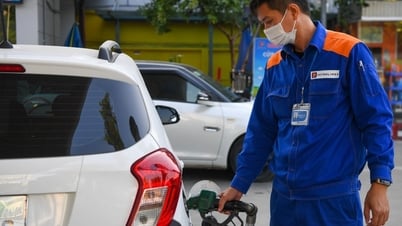

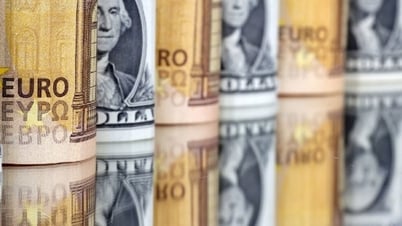

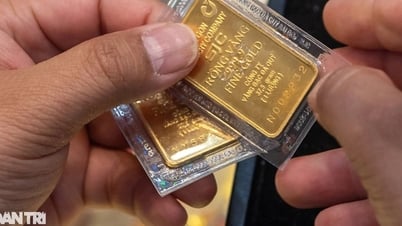
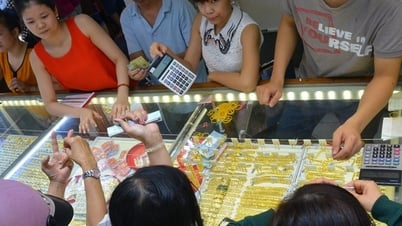

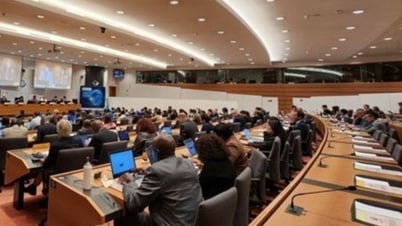

























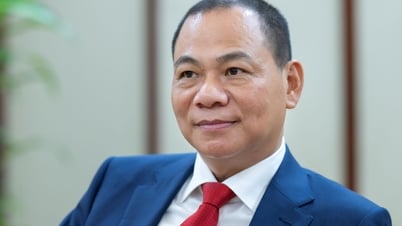















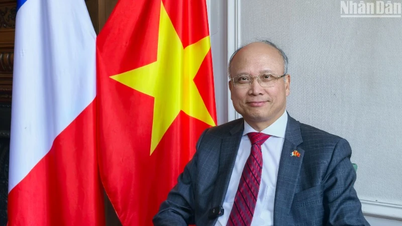






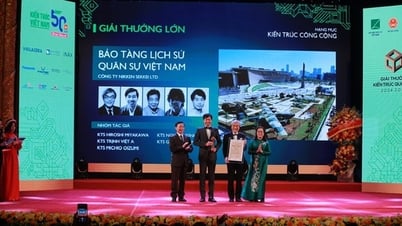


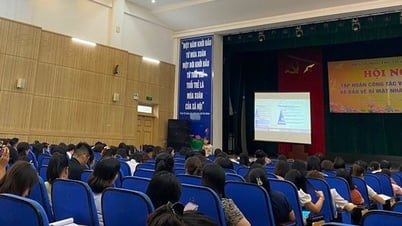
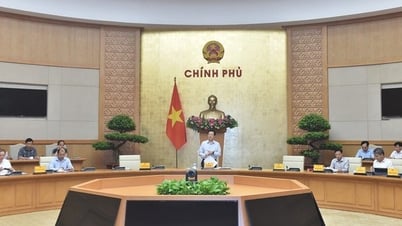


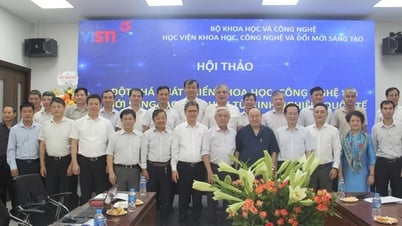


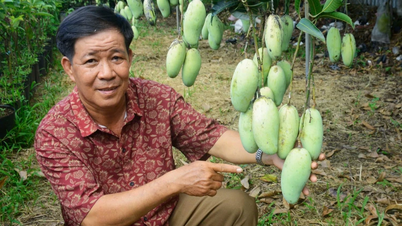

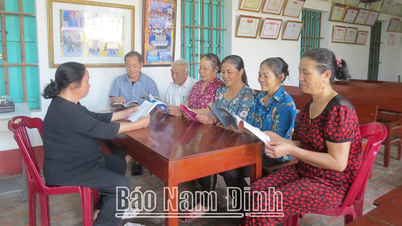

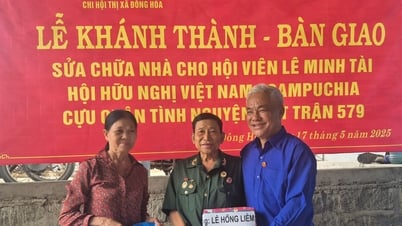















Comment (0)